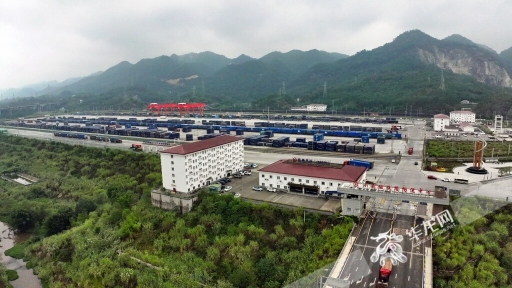Supreme Court Stops Comelec Disqualification of Cebu and Albay Officials
In a significant legal ruling, the Supreme Court of the Philippines has issued a Temporary Restraining Order (TRO) against the Commission on Elections (Comelec), halting the disqualification of local government officials from Mandaue, Cebu, and Albay. This decision, spurred by petitions from dismissed public officials, raises vital questions about electoral integrity and governance within regions undergoing political scrutiny.
Background of the Case
The controversy emerged following the Comelec’s resolution in early 2023, which invalidated the election victories of several local leaders, including Noel and Geraldine Rosal of Albay. The commission cited various administrative and legal infractions as the basis for their disqualification. As this decision unfolded, it polarized public opinion, evoking both support and outrage.
Former Albay governor Noel Rosal was among those directly affected by the Comelec’s ruling. Rosal contended that the disqualification was unwarranted and politically motivated, leading him to file a petition with the Supreme Court seeking to dismiss the Comelec’s resolution.
The Supreme Court’s Intervention
On March 28, 2023, the Supreme Court responded to Rosal’s petition by granting a TRO. This interim measure not only halts the enforcement of the Comelec’s decision but also underscores the Court’s role in stabilizing electoral processes amidst political turbulence. Legal experts believe this intervention serves to reinforce the necessity for due process within the electoral system.
Professor Maria Elena Cruz, a constitutional law expert at the University of the Philippines, stated, “This decision emphasizes the importance of judicial oversight in electoral matters. It reassures the public that there are checks in place against arbitrary decisions by electoral bodies.”
Implications for Local Governance
The implications of the Supreme Court’s ruling are far-reaching. With the TRO in effect, Rosal and his wife, Geraldine, may be reinstated to their positions, pending a full review of the case. This situation not only affects the governance of Albay but also influences other regions grappling with similar issues of disqualification and electoral integrity.
Additionally, it sets a precedent for other elected officials who might find themselves challenged by the Comelec in the future, potentially empowering them to seek judicial recourse against similar disqualifications.
Electoral Integrity and Technological Innovation
In an age where technology plays a pivotal role in the electoral process, the issues raised by this case resonate within the tech community. Advances in election technology—such as automated systems for voter registration, electronic ballots, and real-time results monitoring—have the power to enhance transparency and reduce fraud. However, they also increase the stakes and scrutiny over election outcomes.
"With electoral systems increasingly relying on technology, it is crucial to ensure that these systems are transparent and accountable,” noted Richard Morales, a technologist specializing in electoral innovations. “This case underlines the need for robust checks and balances that address emerging challenges brought by tech-enhanced electoral processes.”
Voices from the Community
The public’s reaction to the Supreme Court’s ruling has been mixed. Supporters of the Rosals celebrated the decision as a victory for democracy, while critics expressed concern that the legal battle could distract from pressing governance issues.
Local resident and community organizer Elena Jimenez remarked, “We want our leaders to focus on serving the people, not fighting legal battles. However, if there are flaws in the disqualification process, they need to be addressed. It is essential for our democracy.”
Future Considerations
As the Supreme Court prepares to hear arguments from both the petitioners and the Comelec, the legal outcomes may redefine the landscape of local governance in the Philippines. Citizens and officials alike are urged to stay informed about the ongoing situation, which is poised to impact not only local politics but also perceptions of electoral fairness.
The legal proceedings continuously highlight the dynamic between governance, legislation, and public sentiment—especially within the current political climate of the Philippines, which faces numerous challenges, including corruption allegations and calls for reform.
In light of these developments, it remains critical for the public to actively engage in the democratic process, voicing their opinions and advocating for electoral integrity.
As this story progresses, what are your thoughts on the Supreme Court’s decision? How do you view the balance between electoral integrity and governance? Join the conversation by sharing your insights below!

